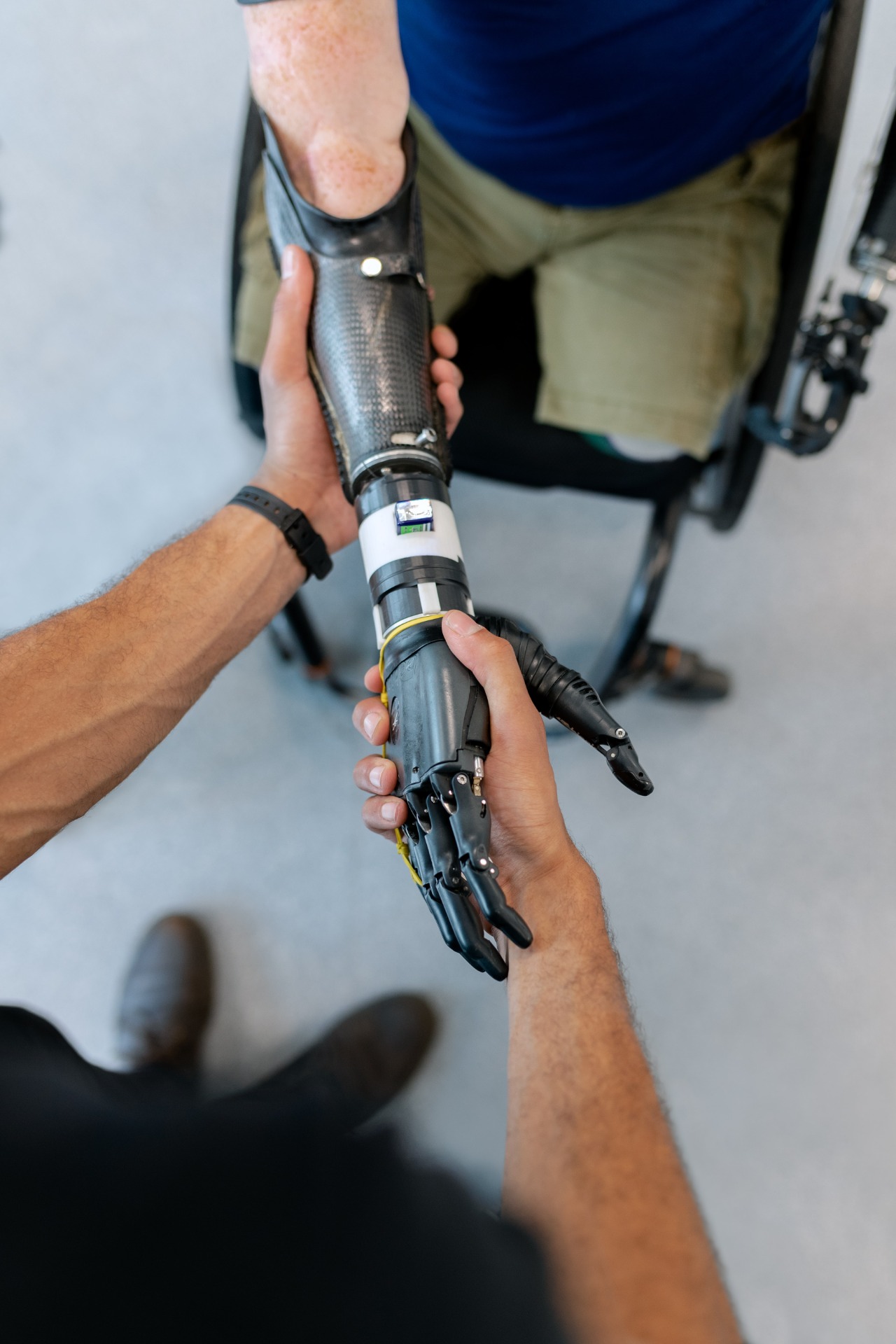
Differents spetializations in Bioengineering
The applications of Biomedical Engineering are wide. There are a lot of applications and fields as it implies a lot of knowledge from many interdisciplinary fields, therefore, when you say you are a Biomedical Engineering you say you can do lots of things.
Why is it important to know them?
Therefore, as the applications and fields of biomedicine are huge, it is important to know which are the fields in biomedicine, as it will give you a better and more precise given what the work of bioengineering is.

On the other hand, when working as a bioengineer, you may be only focusing on one of these fields, or you may be working on a project that merges fields. You might change at the same job from one to another (some specializations are very alike) or when you change your job.
So, it is important to have a clear idea of what each field implies, what knowledge and skills it asks from you so you can orientate your career the way you better like.
What are the specializations ?
And that is because by, specialization, I mean the subcategories in which we can split up bioengineering. I am not talking about those you encounter at the university. Those may change, eventually, as time passes, and can be different between countries, cities, or even universities.
List of specializations and brief description
So, which are those famous specializations? Following my criteria, there are ten specializations. Go to the sections below to know more about them.
- Medical Image Analysis - This field develops computational and mathematical methods for solving problems about medical images and their use for biomedical research and clinical care.
- Medical Signal Analysis - Signals that are generated and transduced from a biological or medical source.
- Biodevices - Nowadays biomedical devices include any device which purpose is to replace a part of the body or improve a function.
- Regenerative Medicine - It is about replacing, engineering, or regenerating human or animal cells, tissues or organs to restore or establish normal function. It promises to repair damaged tissues and organs by copying the body's repair mechanisms.
- Nanotechnology - Nanomedicine applies to biological devices, nanoelectronic biosensors, and molecular biological machines. It is one of the most recent and still growing fields of biomedicine.
- Personalized medicine - The medical model aims to offer the most personalized treatment for the patient depending on its characteristics.
- Artificial Intelligence - It is that part of computer science where the aim is to mimic human intelligence (cognitive functions) and implement it into computers. In the broadest sense, describes the different ways in which a machine interacts with the world around it.
- Clinical Engineering - The specialization focus on the most practical aspect of biomedicine to improve the quality of health services. It is about theories and methodologies from the broad biomedical knowledge application.
- Telemedicine - Telemedicine is the field of biomedical engineering that allows professionals to do their job (evaluate, diagnose and treat patients) at distance using telecommunications technology.
- Biorobotics - That part of robotics and cybernetics that enters bioengineering to develop new technologies that can integrate biology with mechanical systems to have machines that imitate biological systems. It also develops more efficient communication. Particularly important for bioprosthesis.
